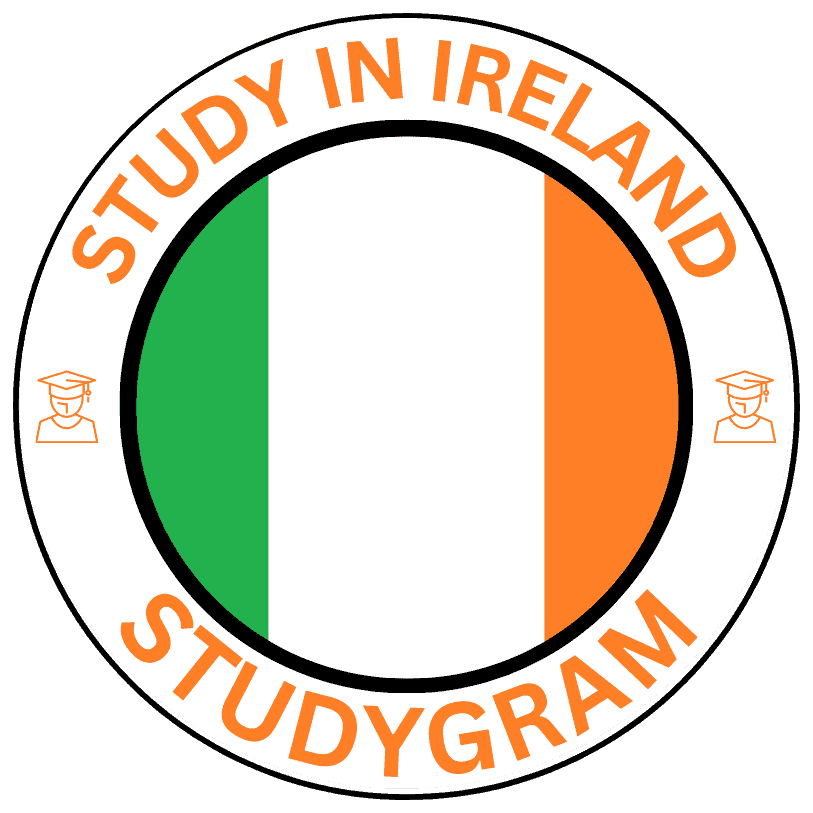
A Reverent Ceremony at Glasnevin Cemetery
Trinity College Dublin recently held a poignant reburial ceremony at Glasnevin Cemetery for human remains discovered during construction of the E3 Learning Foundry. These remains, unearthed from the site of Trinity’s historic medical school, offer a glimpse into the evolution of anatomical studies and underscore the university’s commitment to ethical treatment of the deceased.
The Remains and Their Significance
Osteological analysis revealed that the remains belonged to dissected cadavers, likely from Trinity’s 19th-century medical school or even the older school established in 1711. This discovery highlights the long history of anatomical education at Trinity College and the invaluable contribution of these individuals, often from marginalized communities, to medical advancements.
Dr. Denis Barry’s Moving Tribute
Dr. Denis Barry, Head of Anatomy at Trinity, delivered a powerful message at the ceremony. He acknowledged the unknown stories of these individuals and their likely vulnerable circumstances in life. Dr. Barry emphasized the debt owed to them by generations of medical students who learned from their remains, leading to countless lives saved. The reburial served as a moment to honor their humanity and express gratitude for their involuntary contribution to medical science.
Ensuring Respectful Reinterment
Collaboration and Care
The reburial was a collaborative effort involving Siobhan Ward, Chief Technical Officer at Trinity’s Anatomy Museum, the Anatomy Technical Team, Dublin Cemeteries Trust, Irish Archaeological Consultancy, and Corrigan & Sons Funeral Directors. This meticulous process ensured the respectful treatment of the remains.
Memorializing the Unnamed
To further honor the memory of these individuals, plaques will be placed at both Glasnevin Cemetery and the E3 Learning Foundry. These memorials will serve as lasting reminders of their contribution to medical education and research at Trinity College Dublin.
Looking Forward: E3 Learning Foundry
As Trinity College Dublin lays these historical remains to rest, it also looks towards the future with the construction of the E3 Learning Foundry. This state-of-the-art facility will provide innovative learning spaces and resources for students, continuing Trinity’s long tradition of academic excellence. The respectful handling of the discovered remains demonstrates the university’s commitment to ethical conduct and historical awareness as it moves forward.
Continuing the Legacy of Respect
The reburial of these human remains underscores the importance of treating all individuals, even in death, with dignity and respect. It serves as a powerful reminder of the ethical considerations involved in archaeological discoveries and the responsibility institutions have to those whose remains they uncover. For Trinity College Dublin, this act represents a commitment to honoring the past as it builds towards the future.

